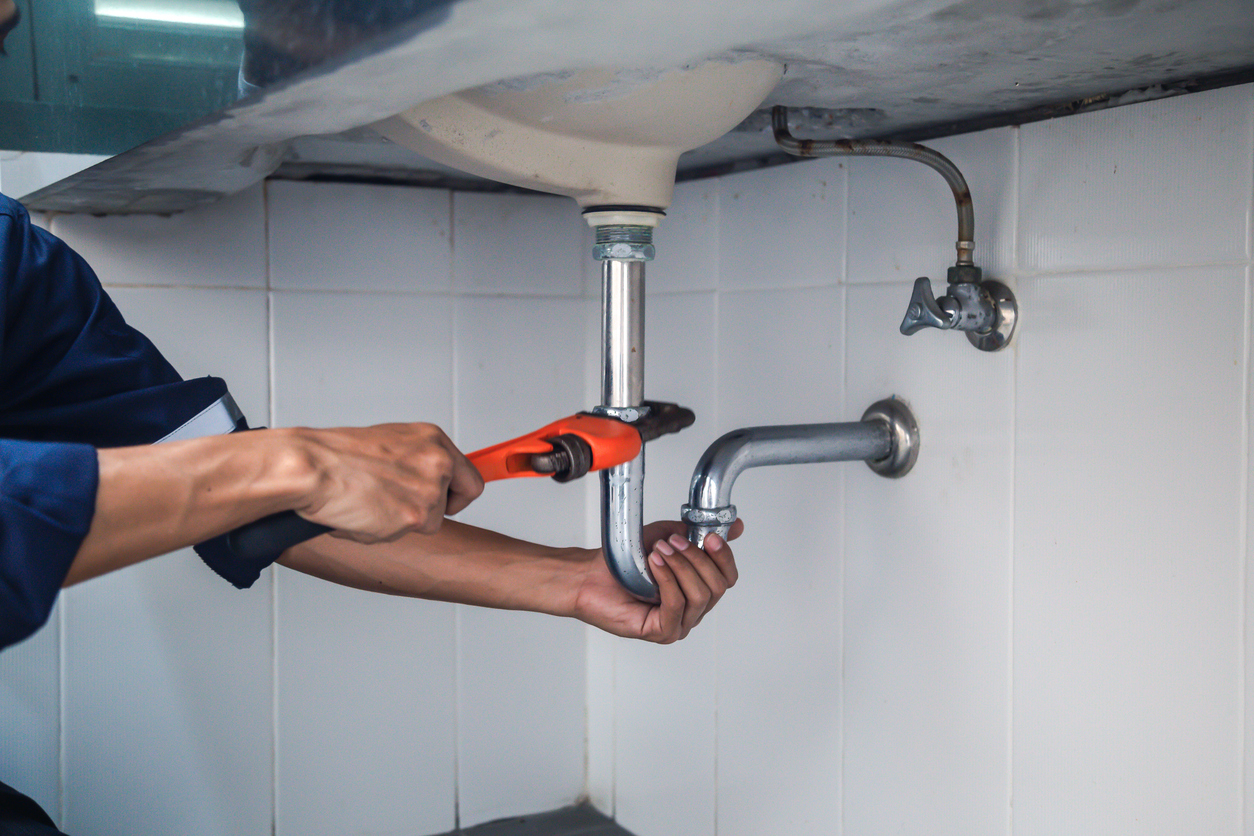Ever wondered about the possibility of pipes bursting when you turn the water on in your home? As outrageous as it may be, it's a question that often crosses the minds of homeowners, significantly when temperatures drop. The team from Mersey Heating and Air Conditioning is unravelling the truth behind this question below. Join us as we break it down and provide insights into keeping your plumbing intact. Let's get started!
Will pipes burst if water is turned off?
When going on a vacation or being away for a lengthy period of time, homeowners often opt to switch off the supply of water to their homes. As a preventative step, turning off the water can help avoid problems like leaks, flooding, or water damage while they are away. That said, there are hazards associated with taking this kind of action.
A significant concern is the potential for your plumbing system to burst, especially in areas where frigid temperatures are expected. Essentially, water expands when it freezes inside the pipes, placing tremendous pressure on the pipes themselves. When the water begins to thaw, the pressure may cause cracks or breaks, which could result in substantial water damage in your home.
Even while shutting off the water can reduce some risks, homeowners in colder climates should take extra safety measures, which we'll discuss in more detail below.
How to prevent your pipes from bursting after shutting off your water
If you live in an area that experiences prolonged subzero temperatures, taking a vacation to a warmer part of the world makes sense. That said, before you leave, ensuring your water supply is protected against freezing is crucial. Here’s how you can prevent your pipes from bursting after shutting off your water:
· Insulate your pipes: Make sure all exposed pipes are sufficiently insulated, particularly those located in cold spots throughout your home, like attics and basements.
· Empty the plumbing system: Drain your plumbing system before turning off the water. Turn on every faucet to start the flow of water. To empty the water from these appliances, run the dishwasher and washing machine, and empty the toilets. By doing this, the quantity of water that could freeze and burst your pipes is reduced.
· Seal gaps and cracks: Close up any openings left by walls, windows, or doors that can let cold air in and change the ambient temperature near your pipes.
· Think about investing in a programmable thermostat: Get a thermostat that can be programmed to keep your house at a specific temperature while you're away. This can prevent your indoor pipes from freezing.
Ultimately, taking these precautions will significantly reduce the risk of pipe bursts after shutting off your water, providing peace of mind during extended periods of absence. It may also be beneficial for you to reach out to a professional plumbing company in your area for tailored advice and solutions customized to your unique needs and home.
Signs that will help you determine if you have frozen pipes
It's important that homeowners recognize the symptoms of frozen pipes in order to take quick action to resolve the problem and protect their plumbing system from possible damage. The following are essential clues that can assist you in identifying frozen pipes:
· Absence of water flow: One of the most obvious indications of frozen pipes is a faucet's inability to produce water. It can be a sign that the water in the pipes has become frozen if you turn on the tap and only little drips or no water comes out at all.
· Frost on pipes: Check for any pipes that have accumulated frost on their exterior. Pipes outdoors or in colder climates are especially vulnerable to frost buildup.
· Odd Smells: Freezing pipes can occasionally cause strange smells to come from drains or faucets. Gases that have been trapped as a result of restricted water flow may cause this.
· Strange sounds: When you run water, pay attention to any strange noises coming from the pipes. Sounds like cracking or pounding could mean that the water in the pipes is freezing and expanding.
· Visible moisture: It may indicate frozen pipes if you see condensation outside of pipes in places it shouldn't be. Condensation is brought on by the temperature differential that exists between the warmer exterior and the freezing interior.
· Pipe bulging or swelling: Look for any apparent indications of pipe bulging or swelling. Water expands as it freezes and can exert a lot of pressure on the pipe walls, which can cause deformities.
· Obvious leaks once thawed: Check the pipes for any apparent leaks once they have thawed. When the ice melts, it may cause cracks or ruptures in the pipes due to the swelling of the ice inside.
It's important to respond right away if you see any of these warning signs by giving a professional plumbing company like Mersey Heating and Air Conditioning a call. It's also vital that you address the underlying issues that can be causing your home's pipes to freeze in the first place.
Prevent Frozen Pipes, Call Mersey Today!
Are your pipes frozen? If so, the professional plumbing team from Mersey Heating and Air Conditioning is here to help. Our plumbers are available for all repair and maintenance services 24/7/365 days a year, including after-hours, weekends, and holidays, at no extra cost to you.
Mersey Heating and Air Conditioning has 50 years of experience partnering with homeowners throughout Toronto, East York, Markham, North York, Scarborough, Unionville, Whitchurch-Stouffville, Aurora, Etobicoke, Newmarket, Richmond Hill, Thornhill, Vaughan, and Willowdale.
If you live in any one of these areas, don't hesitate to reach out and book an appointment with a team that has your best interests in mind. Give Mersey Heating and Air Conditioning a call directly or book your plumbing service using our online form. WE look forward to working with you!







